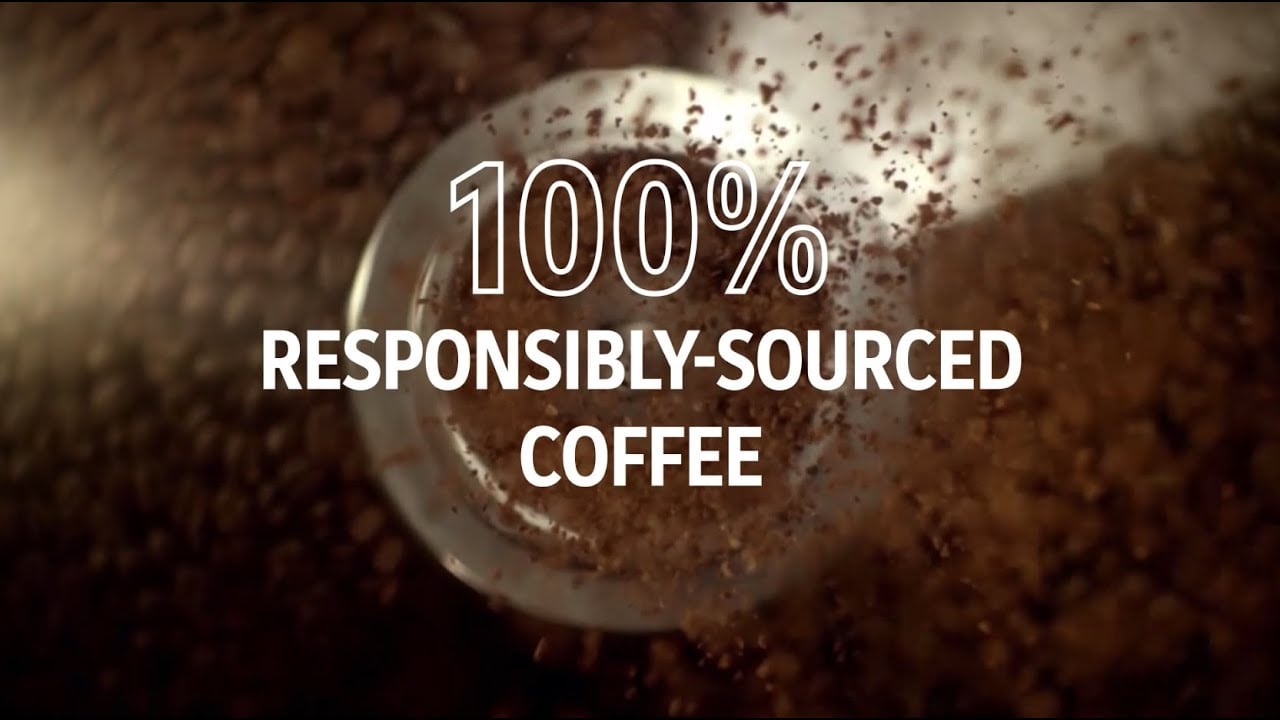By Felicia Nwosu
Nescafé, Nestlé’s largest coffee brand and one of the world’s favourite coffees, has announced its partnership with stakeholders in the coffee farming to help make coffee farming more sustainable through its climate project known as the Nescafé Plan 2030.Nestlé said this will help drive regenerative agriculture, reduce greenhouse gas emissions and improve farmers’ livelihoods.
As part of its effort to support farmers’ transition to regenerative coffee farming, Nestlé said its Nescafé Plan 2030 will help renew the world of coffee, uplift lives and livelihoods with every cup 2030 Vision. This is aimed at achieving a 100% responsibly sourced coffee, while sourcing 20% of its coffee through regenerative agricultural methods by 2030.
The brand is investing over one billion Swiss francs by 2030 in the Nescafé Plan 2030. This investment builds on the existing Nescafé Plan as the brand expands its sustainability work. It is supported by Nestlé’s regenerative agriculture financing following the Group’s commitment to accelerate the transition to a regenerative food system and ambition to achieve zero net greenhouse gas emissions.
David Rennie, Head of Nestlé Coffee Brands, who shed more light on the development, affirmed that climate change is putting coffee-growing areas under pressure. Building on 10 years’ experience of the Nescafé Plan, we’re accelerating our work to help tackle climate change and address social and economic challenges in the Nescafé value chains.
Noting further, the coffee segment boss mentioned that rising temperatures will reduce the area suitable for growing coffee by up to 50% by 20501, which he agreed that at the same time, around 125 million people depend on coffee for their livelihoods2 and an estimated 80% of coffee-farming families live at or below the poverty line3. Action is needed to ensure the long-term sustainability of coffee.
Philipp Navratil, Head of Nestlé’s Coffee Strategic Business Unit on his part, posited that regenerative agriculture is an approach to farming that aims to improve soil health and fertility – as well as protect water resources and biodiversity.
“Healthier soils are more resilient to the impacts of climate change and can increase yields, helping improve farmers’ livelihoods. As the world’s leading coffee brand, Nescafé aims to have a real impact on coffee farming globally. We want coffee farmers to thrive as much as we want coffee to have a positive impact on the environment. Our actions can help drive change throughout the coffee industry.
He reiterated that Nestle is committed to ensuring that Nescafé provides farmers with training, technical assistance and high-yielding coffee plantlets to help them transition to regenerative coffee farming practices in areas such as planting cover crops helps to protect the soil. Navratil noted that this will include adding biomass to the soil, which can increase soil organic matter and thus soil carbon sequestration, incorporating organic fertilizers contributes to soil fertility, which is essential for good soil health as well as increasing the use of agroforestry and intercropping contributes to biodiversity preservation and many others.
“While focusing on origins from where Nescafé sources 90% of its coffee, Nescafé will be working with coffee farmers to test, learn and assess the effectiveness of multiple regenerative agriculture practices. This will be done with a focus on seven key origins, from where the brand sources 90% of its coffee: Brazil, Vietnam, Mexico, Colombia, Côte d’Ivoire, Indonesia and Honduras.
Nescafé is committed to supporting farmers who take on the risks and costs associated with the move to regenerative agriculture. It will provide programs that aim to help farmers improve their income as a result of that transition. In Mexico, Côte d’Ivoire and Indonesia, Nescafé will pilot a financial support scheme to help farmers accelerate the transition to regenerative agriculture. Through this scheme, Nescafé, together with coffee farmers, will test and learn the best approach in each country.
For Nescafé to achieve, it revealed that it will track the progress and assess the results of its field programs with coffee farmers through its Monitoring and Evaluation partnership with the Rainforest Alliance. Its efforts will be complemented by new and expertise-focused partnerships, like the one with Sustainable Food Lab for topics related to coffee farmers’ income assessment, strategy and progress tracking. Reducing greenhouse gas emissions also by capturing and storing more carbon in the soil.
Regenerative agriculture is a key part of Nestlé’s Zero Net roadmap. Nescafé aims to contribute to Nestlé’s Zero Net commitment to halve greenhouse gas emissions by 2030 and reach zero net greenhouse gas emissions by 2050. It will work with farmers, suppliers and partners to help protect agricultural lands, enhance biodiversity and help prevent deforestation. The brand intends to help farmers plant more than 20 million trees at or near their coffee farms.






Comment
No comments found.